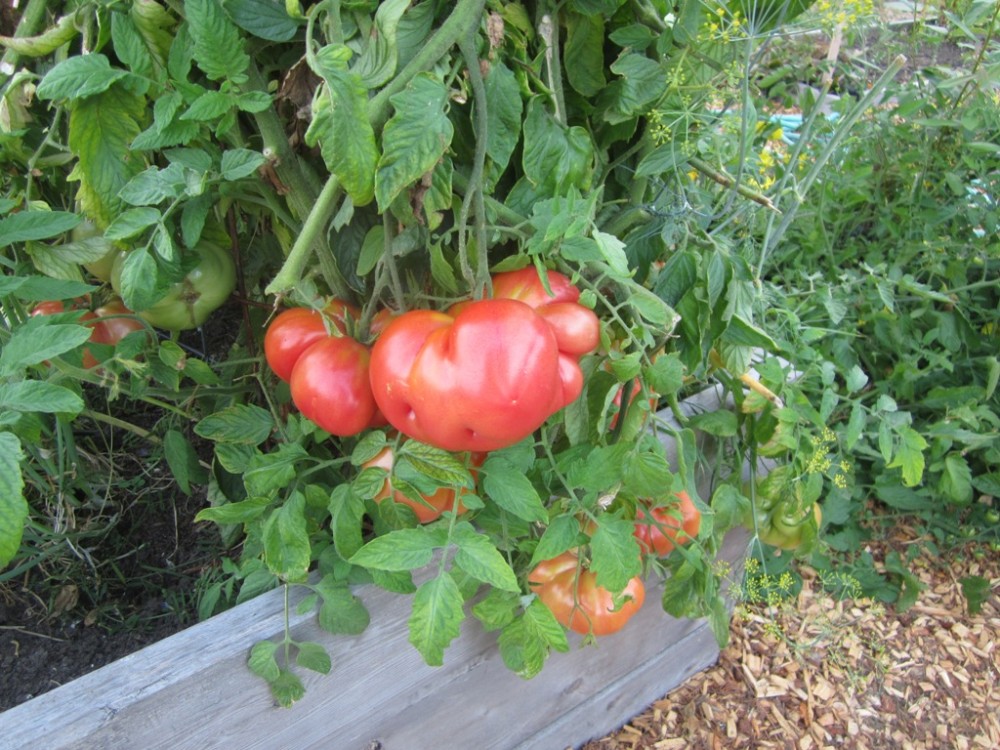In honor of “World Environment Day” on June 5, the below article is presented from “Lutherans Restoring Creation Blog” – a site with close connections to the ELCA.
Creation Corner: World Environment Day, June 5: Think, Eat, Save
– Sustainable Consumption is the theme for the United Nations Environment Program World Environment Day, held each year on June 5. This provides a “teachable moment” for many reading this column.
As we acquire more than we need, and produce much waste as we do, we consume natural resources at an unsustainable pace. A “tipping point” is reached where the quality of our air and water is threatened. Dangerous low levels of non-renewable resources can result, and the environment becomes degraded. The poorest world populations are especially impacted.
The massive loss of biodiversity magnifies the worsening scenario, with current extinction rates of birds, mammals and amphibians rising.
The future of a high quality of life and our own well-being, are being compromised. The way we use and dispose of the products we own and consume needs to be changed, so that future generations may have access to their fair share of resources.
Transitioning to more sustainable activities and lifestyles is our task.
Some other topics include food waste facts, harmful substances, resource efficiency, ecosystem management, disasters and conflicts, environmental governance, climate change, and ideas for how local actions can promote the goal of sustainable consumption that in turn can reshape our future.
Also of note, related to this topic, is a new book by U.N. Messenger of Peace, anthropologist/primatologist Jane Goodall. In her Seeds of Hope: Wisdom and Wonder from the World of Plants (Grand Central, 384 pages) she shares her love of the botanical world, a different topic from her well-known study of chimpanzees (she’s written more than 20 books for adults and children).
Without plants there would be no animals, no insects, fish, birds, mammals, no humans. They clean water, air and soil. And trees store CO2, thus slowing down global warming. Threats to plants include human population growth, destruction of habitats, modern agriculture, over-collection and climate change.
As she studies the plant kingdom she seeks to protect it, and as she shares her sense of wonder of the “Green Kingdom”, she inspires others to love the natural world.
===============================================================
For further information check out:
Lutherans Restoring Creation Website and Lutherans Restoring Creation Blog
both of which are bookmarked on our Resource Links Page.
